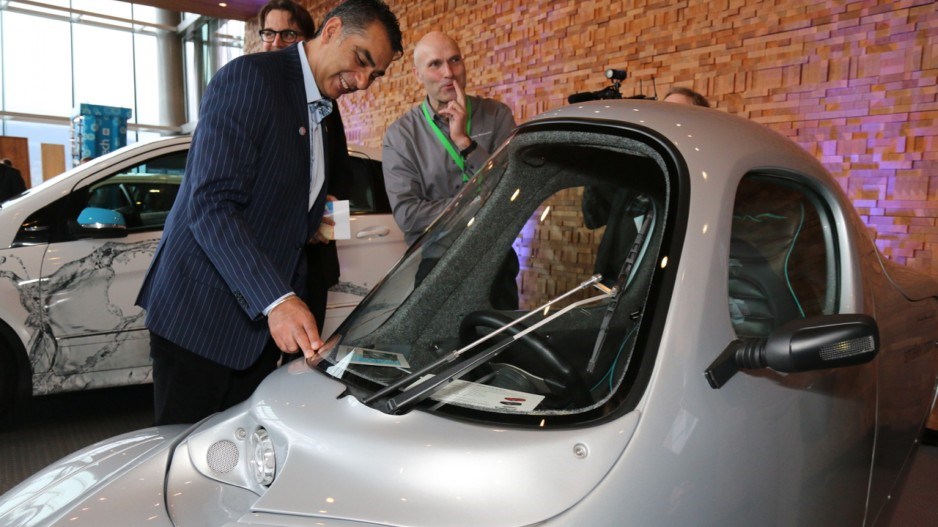Details of the proposed BC NDP-BC Green Party alliance’s daily operations have yet to be worked out, but the two political allies have agreed to collaborate closely on the province’s technology portfolio.
If a BC NDP minority government comes to pass, representatives from each party will meet up to hammer out a mandate for a proposed provincial “innovation commission,” according to a memorandum of understanding between the BC NDP and Greens.
There are no details about what the commission would do beyond supporting “innovation and business development in the technology sector” and hiring a commissioner to act as an “advocate and ambassador” for B.C. technology.
The parties’ representatives will work jointly on the commission’s funding in time for the minority coalition’s first provincial budget.
BC Tech Association CEO Bill Tam said any work needed to deploy the commission should be done in parallel with the B.C. Tech Strategy introduced at the end of 2015.
“It can’t be a sequential exercise,” he said. “There’s already been a great consensus on the investments that need to be made, and we just need to get on with that particular business area.”
Initiatives introduced by the BC Liberals since December 2015 include a $100 million venture capital fund of funds, a commitment to add coding to the K-12 curriculum and tax credits for the virtual/augmented reality sector.
Meanwhile, the BC NDP’s campaign platform promised to “reinvigorate” the province’s Innovative Clean Energy (ICE) program, invest $100 million to expand tech-related post-secondary programs and make new program investments aimed at B.C. technology that would hit $40 million this year before growing to $50 million in the 2018-19 and 2019-20 fiscal years.
The ICE fund has previously helped with investments such as a large solar grid for a First Nations band on Vancouver Island. The NDP platform said ICE would be used for boosting investments in “groundbreaking new energy technology” and climate change solutions.
Entrepreneur Jerry Kroll, who ran as a Green party candidate during the spring election in Vancouver-Mount Pleasant, said he hopes the BC Liberals will see eye to eye with the “GreeNDP” alliance in pursuing more clean-tech sector initiatives.
“I’m optimistic [about] the low-hanging fruit of transitioning from fossil fuels over to clean tech. … We can catch up over the next four and a half years,” said Kroll, CEO of Vancouver-based electric car company Electra Meccanica Vehicles Corp.
“There will be some surprising harmony between all three of the parties.”
Meanwhile, the potential new government’s designs for clean tech might benefit from political machinations south of the border, according to Evok Innovations CEO Marty Reed.
His organization’s $100 million clean-tech fund is a joint venture between the BC Cleantech CEO Alliance, Cenovus Energy (TSX:CVE) and Suncor Energy (TSX:SU).
Reed said the Trump administration’s decision to pull out of the Paris climate agreement could help attract more skilled talent to the province.
“We have a four-year window of opportunity we would be foolish not to take advantage of,” said Reed, who moved to Vancouver from San Francisco just under two years ago.
But Canada’s small market and difficulty with immigration remain challenges when drawing clean-tech talent, according to Reed, who added that his immigration experience to Canada was “not a smooth process.”
Tam said B.C. still has some of the best conditions for attracting talent and businesses.
“Our ability to be competitive on a whole bunch of taxation fronts is one of the reasons why we’ve seen a good influx of people and companies.”
The BC NDP campaign platform called for corporate taxes to rise to 12% from 11%; workers earning more than $150,000 annually would also face increased taxes.
“We would be urging the next government to ensure that competitiveness remains top on its agenda and that we don’t inadvertently do things that could compromise the competitiveness of our tax rates,” Tam said.
“Particularly on a personal income tax area, especially in light of the fact we’re trying to create the conditions where there’s more and more high-wage workers in the province.”




